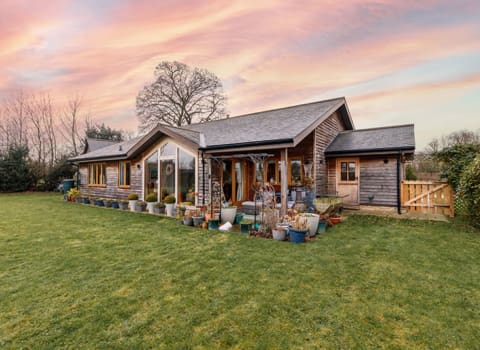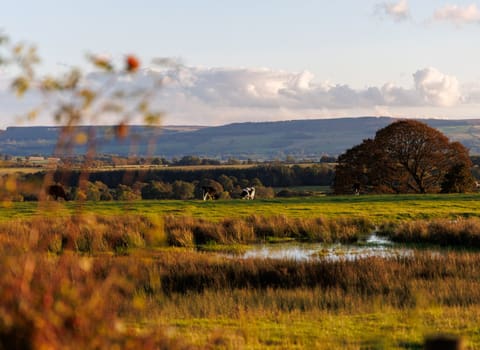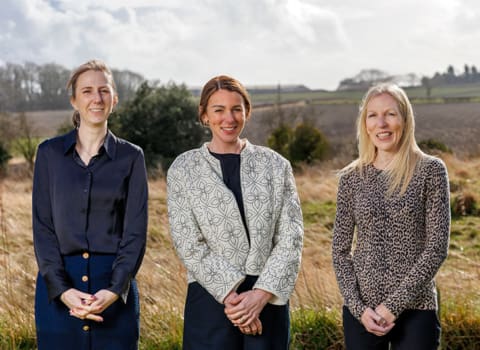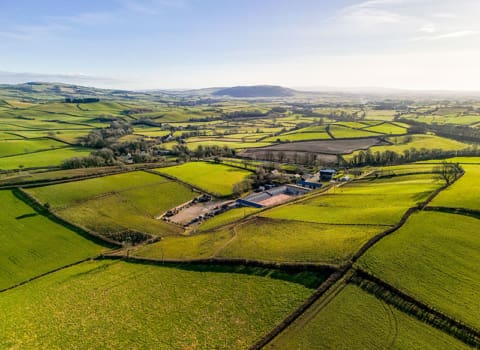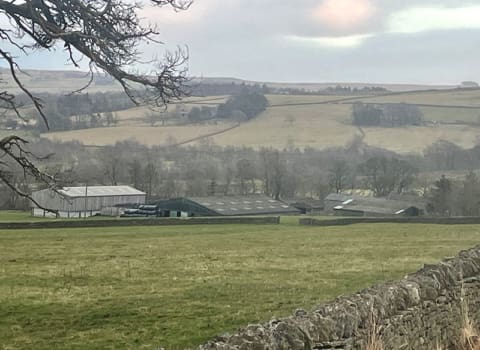Contact our offices
Main office
COLBURN
5 & 6 BAILEY COURT
COLBURN BUSINESS PARK
RICHMOND
NORTH YORKSHIRE
DL9 4QL
Estate Agency Offices are located in
BARNARD CASTLE, BOROUGHBRIDGE & RICHMOND
Residential Management Team
Our Offices
- Alnwick
01665 568310
Email Officealnwick@gscgrays.co.uk - Barnard Castle
01833 637000
Email Officebarnardcastle@gscgrays.co.uk - Boroughbridge
01423 590500
Email Officeboroughbridge@gscgrays.co.uk - Chester-Le-Street
0191 3039540
Email Officechester-le-street@gscgrays.co.uk - Colburn
01748 897630
Email Officecolburn@gscgrays.co.uk - Driffield
01377 337180
Email Officedriffield@gscgrays.co.uk - Hamsterley
01388 487000
Email Officehamsterley@gscgrays.co.uk - Hexham
01434 611565
Email Officehexham@gscgrays.co.uk - Kirkby Lonsdale
01524 880320
Email Officekirkbylonsdale@gscgrays.co.uk - Penrith
01768 597005
Email Officepenrith@gscgrays.co.uk
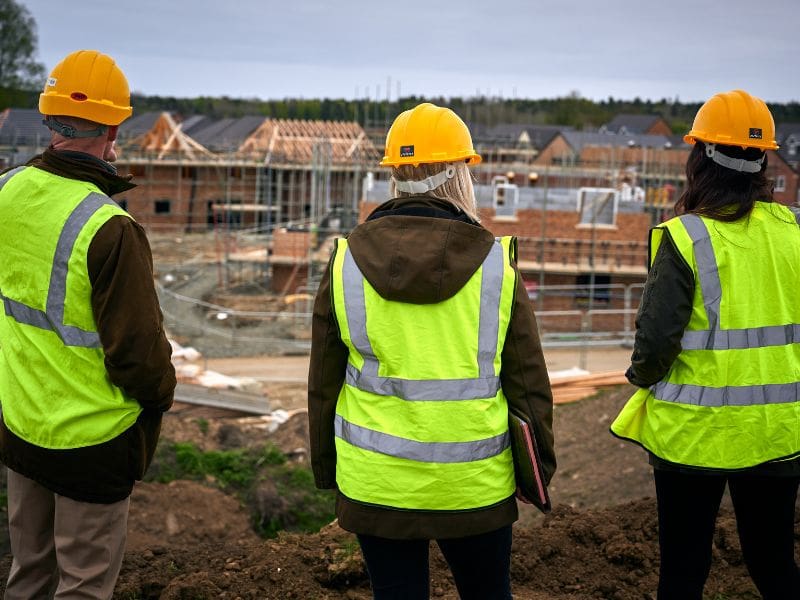
Development Yields – Where are the opportunities?
As pre-election posturing is putting planning reform, housing delivery and economic development in the spotlight, you might want to explore the development opportunities on your farm but are unsure how to quantify them. As the weather has now brought an end to autumn cultivations, I thought it provides a timely opportunity to look at the agricultural yields you might have achieved this year and try to liken them to those you may achieve through the prism of development.
Where are the opportunities?
Redundant building conversion
As your grain goes into a modern store, it might be alongside some lesser used traditional buildings which once fulfilled the same role. Now of no real agricultural value, these remain of historic, sentimental, and architectural interest. Whilst converting such buildings is not always practical or desirable, as you patch up the roof or rehang a door, pace it out. A building around 5m x 20m over two floors will yield a net internal area of around 1,500 sqft, equating to a good sized three-bedroom cottage.
With generous permitted development rights, planning for residential and commercial uses is more easily achieved than you might think. The old grain store or byre could therefore provide for a prodigal son/daughter to return to the farm, or allow mum and dad to vacate the farmhouse, whilst remaining around to lend a hand or to be more easily looked after.
Condition is key to both the cost of conversion, and to potentially achieving planning permission as the building will generally need to be structurally capable of conversion. If you have in mind a feed wheat price of £200/t, then this is a useful analogy as I would hope that it would cost less than £200/sqft to convert most buildings. On completion of the works, you could end up with an asset worth £300/sqft and contributing positively to the farm again.
Residential development
Earlier in the season, your hay crop might have yielded around 12 tonnes/acre and been worth £50/tonne. By comparison, as residential development land you could reasonably expect to achieve 12 houses/acre at £50,000/plot.
In a similar way to forward selling your grain, you can enter into an option agreement with a developer for new build projects in which you give the developer the right to acquire a defined parcel of land, subject to them achieving planning permission. You will agree the price either by referencing the market value at the time it is sold, or by using a fixed sum. When fixing the price, the mechanism in many ways mirrors a forward selling contract with deductions if the quality of the product differs from the benchmark which the price is linked to. In this instance, the price will be linked to factors such as the ground conditions, availability of services and the number of houses which are consented rather than tonnage, moisture and protein.
Biodiversity Net Gain will feature in any new contracts and will need to be accounted for in any development you might wish to take forward. That is easy to deal with for your own project, but where you are selling to a developer, its creation, management and method of sale will need careful thought.
Food for thought?
So, as you are reflecting on yields you have achieved during the year, I hope you might also reflect on an alternative hay yield, or the cost of converting the old barn, and contact me to explore the opportunity further.

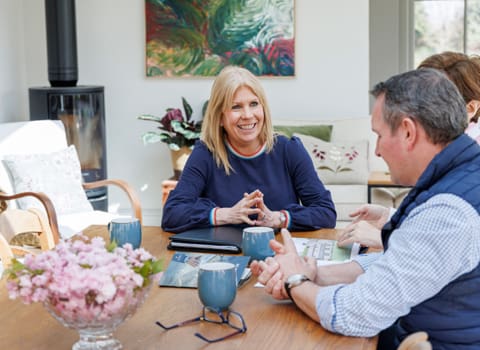
GSC Grays News
Residential Property Market: Recent Trends and Prospects for the year ahead
Read more

